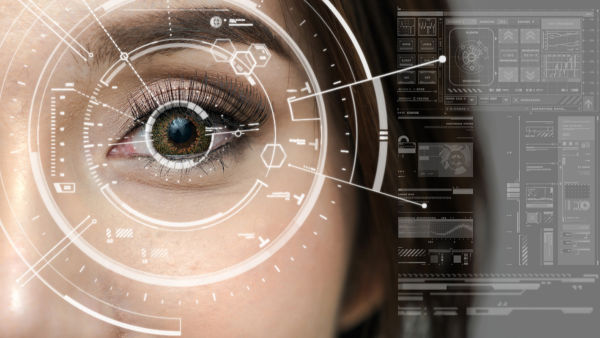
As India observed the Prevention of Blindness Week starting today, from April 1 to April 7, Buzz spoke to Dr Harshwardhan Ghorpade, Cornea, Cataract & Refractive Surgeon, Hiranandani Hospital, Vashi, on various crucial aspects to the eyes, from infections to longer screen time and eye care.
Q: Tell us about the long-term impact of using eye drops without a prescription.
A: Many non-prescribed eye drops contain steroids which can increase eye pressure, and cause glaucoma, cataracts and other infections.
Q: How can parents tackle excessive screen time in children?
A: Increased screen time for children would lead to an increase in the power of prescription glasses, and dry eyes with redness and grittiness. Additionally, the blue light causes inadequate and irregular sleep patterns leading to irritability, attentiveness and reduced mental ability.
Q: Can excessive rubbing of the eyes lead to long-term eye problems?
A: It can cause infection, and increase eye power and pressure. Additionally, it can cause thinning of the outer layer (cornea) leading to a progressive disease called Keratoconus.
Q: What are the different ways of eye care across age groups?
To keep eyes healthy the 4 Ps are:
Prevention: Consume fresh green and red vegetables and fruits, take intermittent breaks from screen time, do not rub your eyes, ensure adequate sleep and exposure to moderate sunlight but at the same time do not look sunlight directly and early referral to the eye doctor in case of a problem.
Protect: Wear protective eye gear in factories, while travelling in intense sunlight, during festivals like Holi and Diwali and while trekking in snow-clad mountains and on high seas.
Preserve: Preserve your eye moisture with lubricating eye drops, adequate water and sleep, covering eyes with gear while travelling and in front of the screen, avoiding direct exposure to AC draft and regular eye exercises to improve adequate blood supply.
Prioritise: Eye health with limited screen exposure, early detections and treatment with routine eye checkups especially after turning 40 for silent diseases like glaucoma and diabetic retinopathy. It is essential to control high minus power in children (myopia) with reduced screen time, myopia controlling treatment options like glasses, contact lenses or laser vision correction should be opted for.
Q: Which are the five most common eye infections you’ve observed recently?
A: The five most common infections are, viral conjunctivitis, bacterial conjunctivitis, contact lens and trauma- bacterial and fungal corneal ulcers and post-operative infections.